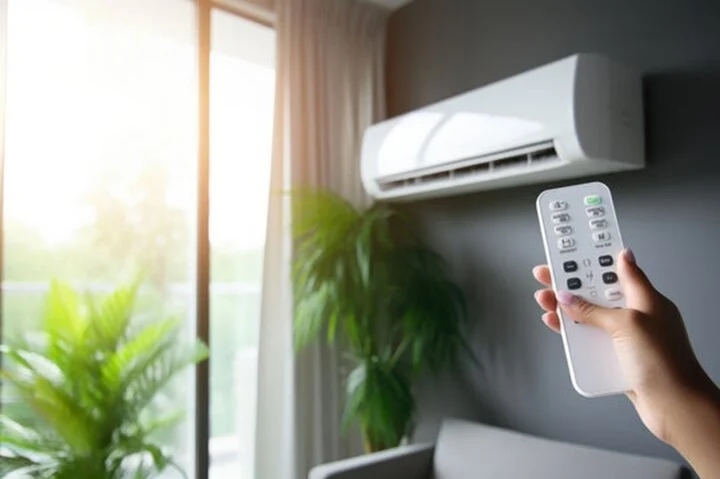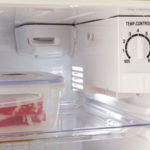As summer approaches, using air conditioning is an effective way to keep your living space cool and comfortable. Air conditioners work by cooling the air inside a room and removing humidity. To efficiently cool a room and save energy, the room must be sealed to prevent cold air from escaping.
When you close the doors and windows, your air conditioner can maintain the desired indoor temperature without overworking. However, knowing how to properly close doors and windows when using an air conditioner is essential.
How to Properly Close Doors and Windows When Using an Air Conditioner?
To maximize the cooling efficiency of your air conditioner and conserve energy, the way you close doors and windows is crucial. Ensure all windows and doors in the room are tightly closed. Even small gaps should be filled or sealed to prevent cold air from escaping or hot air from entering.

How to properly close doors and windows when using an air conditioner? (Photo: Adobe Stock)
If there is frequent foot traffic, regularly check for gaps around doors and windows, as these can lead to inefficient energy consumption by the air conditioner. If necessary, use weatherstripping or install rubber seals on doors.
In addition to tightly closing doors and windows, consider using curtains or blinds to reduce the amount of heat entering the room through sunlight, helping to keep the space cooler.
Notes on Closing Doors, Windows, and Using Air Conditioning
Ensure Comfortable Ventilation: Closing doors and windows does not mean making the space stuffy and claustrophobic. Create air circulation by opening doors and windows when the air conditioner is turned off, especially in the morning or evening when outdoor temperatures are lower.
Set Reasonable Temperatures: Avoid setting the air conditioner temperature too low. This not only wastes energy but can also make the room too cold, affecting your health. A temperature range of 25-27 degrees Celsius is a suitable choice to maintain a comfortable environment without wasting energy.
Use Ventilation Mode: If you don’t require immediate cooling, use the ventilation mode to cool the air in the room only when necessary.
Utilize Automatic Mode: Many modern air conditioners have an automatic mode that adjusts temperature and airflow based on temperature sensors, conserving energy compared to manual mode.
Regular Maintenance and Cleaning: Ensure your air conditioner operates efficiently and saves energy by regularly cleaning and maintaining the system.
Turn Off the Air Conditioner When Unnecessary: When the outdoor temperature is cool, turn off the air conditioner and open the windows to allow natural airflow. This also saves energy and protects the environment.
Properly closing doors and windows when using an air conditioner not only saves energy but also makes your living space more comfortable and pleasant.
According to VTC News
Ways to Beat the Summer Heat: 10 Cool Strategies
With temperatures soaring to over 40 degrees Celsius in some parts of the northern region, this summer heatwave is causing considerable discomfort and inconvenience. The roads are practically melting in some areas. To keep yourself safe and bearable, here are some tips on how to cope during these hot days.



































